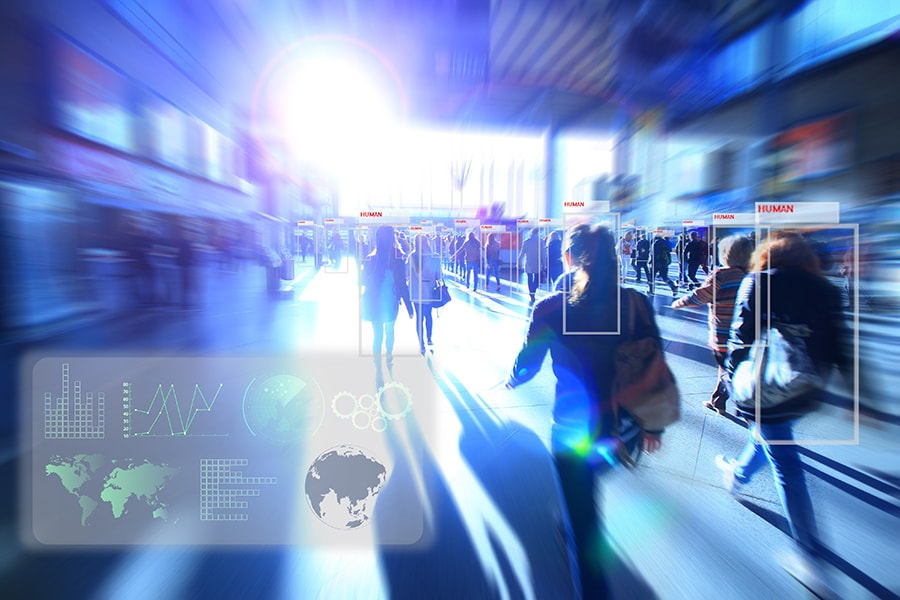
Establishing Public Trust in Smart Cities
CMU expert says key is to focus on psychological, sociological and ethical consequences of new technologies
By Michael Cunningham
Media Inquiries- Heinz College of Information Systems and Public Policy
- 412-268-5492
The deployment of smart city technologies forms a fascinating social quandary. On one hand, smart city technologies have already proven they can make our lives more convenient, and even transform individuals who were previously limited based on factors such as health and socioeconomic status. On the other hand, these technologies also have caused fatalities.
So, how do practitioners of smart city technologies — researchers, technologists, policymakers, corporations, and governments — ensure they are working in the interests of social good, rather than contributing to the erosion of public trust?
The answer, according to Carnegie Mellon University's David Danks, the L.L. Thurstone Professor of Philosophy and Psychology, is to make sure they use all the tools in their toolbox.
“If you’re trying to build a house, you’re not just going to use a hammer,” said Danks, head of CMU's Philosophy Department. “You’re going to use every tool that is appropriate and at your disposal. In the progress toward the cities and urban environments we want, technology is one of several tools that we ought to be holistically trying to use.”
For smart city practitioners, that means de-emphasizing the frequently all-encompassing focus on technological innovation and quantifiable, short-term outcomes for citizens. And it means placing an increased focus on the sometimes difficult to measure, long-term psychological, sociological and ethical consequences that deployment of these technologies can create.
“The key is to make sure that we are using a broad enough lens to think about the impacts of the technology, and then being creative in recognizing that sometimes, the right thing to do is to innovate technologically,” Danks said. “At other times though, the right thing to do is to think about trying to innovate politically or innovate socially. Sometimes the right way to change things isn’t just introducing technology, but changing things about the way that the humans are interacting, perhaps via technology.”
"Sometimes the right way to change things isn’t just introducing technology, but changing things about the way that the humans are interacting, perhaps via technology.” — David Danks
But using a “broad-lens” perspective can often be difficult for technologists and policymakers working in competitive, deadline-driven sectors. One example of this challenge is the proliferation of mobile technology, which increases convenience but diminishes social interaction.
“There is plenty of evidence to suggest that the fact that a lot of our interactions are now mediated by text, email, and so forth, has had very real psychological and sociological impacts on the ways we engage with one another as humans,” Danks said. “And the evidence is decidedly mixed. Some of it has actually been good, some has been bad. But it is the case that it presents both challenges and opportunities.”
So how can smart city technologists maximize the opportunities for citizens while minimizing the challenges?
Danks said the best way is to form collaborative, multidisciplinary teams of experts who can work together to understand the different ways in which these technologies are plausibly going to impact urban environments and urban experiences, and to make recommendations about the technologies — before deploying them.
“A lot of times with these technologies, the cities are actually being used as test beds. We have lab data that suggest they will work, but we have to see whether they will work in the real world,” Danks said.
“That said, I think there is a moral obligation for universities and nonprofits to step in in advance — for those of us who have the luxury, and therefore the responsibility, to serve the public by thinking about the ways in which we can, from the outside, analyze and contribute to these discussions and debates,” he said.